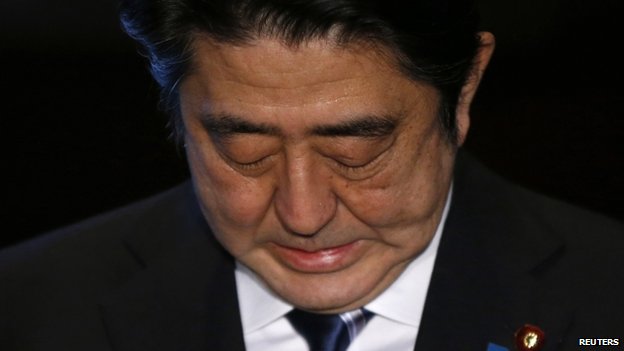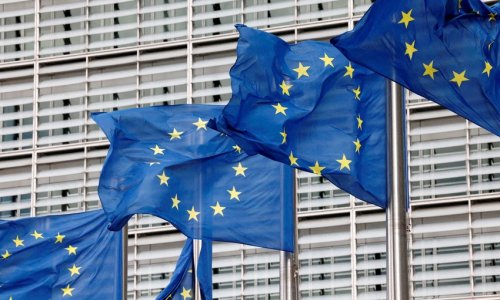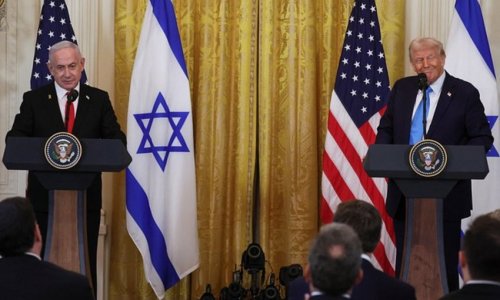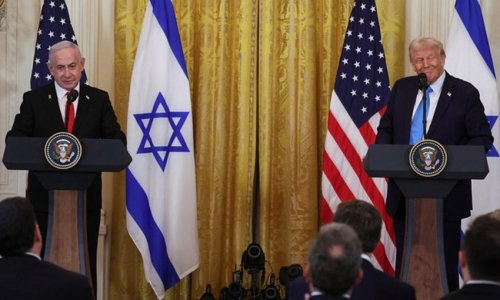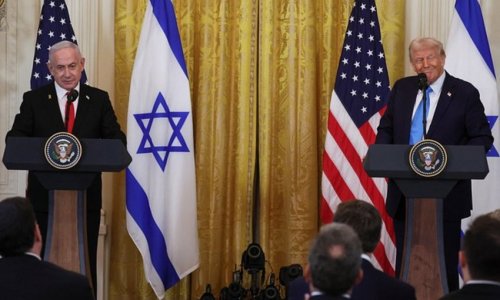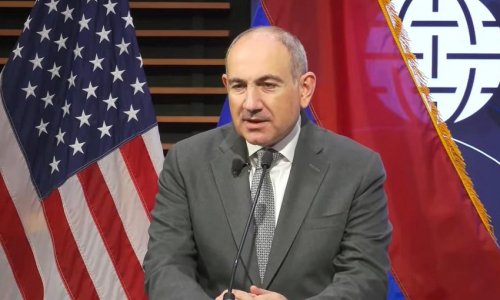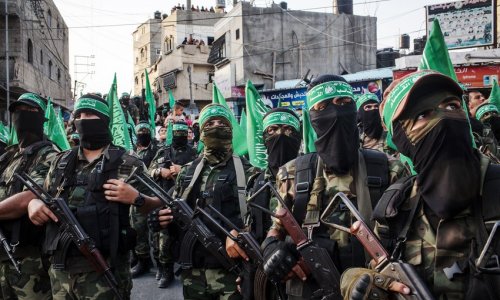Sunday's announcement of the execution of Kenji Goto, the second of two Japanese hostages captured by Islamic State (IS) militants, represents a major political challenge for the Japanese administration of Prime Minister Shinzo Abe.
It also raises important questions about the future security of Japanese citizens at home and abroad, the degree of Japanese public support for the country's increasingly proactive foreign policy, and the prospects in 2015 for government legislation to allow Japan's Self-Defence Forces (SDF) to play a more active overseas role.
While there was widespread shock at the two deaths, Japanese public reaction to the hostage crisis in general has been mixed.
Many Japanese responded to the humanitarian dimension of the crisis, using social media to express their solidarity with the victims and their families.
Some lobbied the government to rescue the two men by acceding to the hostage-takers' demands, either through the payment of a $200m (£133m) ransom or by engineering the release of Sajida al-Rishawi - a former al-Qaeda activist imprisoned in Jordan for her role in a bomb attack on a wedding in the country in 2005.
Others, by contrast, have been critical of the two captured Japanese, accusing them of a lack of responsibility in travelling to Syria in the first place, suggesting that they had needlessly endangered themselves and wider Japanese interests, and implicitly arguing that the government had little obligation to prioritise their case.
Neither the willingness to bow to the terrorists' demands nor the desire to distance Japan from involvement in the politics of the Middle East is without precedent.
Japan has paid ransoms in the past, most notably in 1977, when the administration of Prime Minister Takeo Fukuda paid $6m for the release of Japanese air passengers captured by Red Army terrorists.
Also, the Japanese public has often been allergic to the idea of even minimal involvement in overseas conflicts, reflecting the pacifist ideas of the country's 1947 Constitution and an arguably misplaced notion that Japan has been relatively immune to challenges to its national security.
In recent years, Japan's governments have incrementally - but deliberately - moved away from this low-profile and relatively detached foreign policy.
Prime Minister Junichiro Koizumi provided strong rhetorical, logistical and financial support to the US-led allied reconstruction effort in Iraq, and in 2004 rejected terrorist demands to withdraw peacekeeping SDF forces from Iraq, prompting the execution of Shosei Koda, a Japanese civilian.
Mr Abe has reinforced this approach, making it clear in unusually forceful language that "Japan will not give in to terrorism" and that the country will "work alongside the international community to make them [the terrorists] pay for their sins".
He has also made it clear that Japan will continue to provide substantial economic and humanitarian aid to countries in the region caught up in the struggle with IS.
(BBC)
ANN.Az
Follow us !

